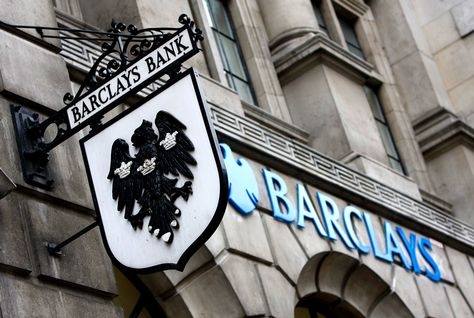In its latest quarterly report on emerging markets, Barclays indicated that prospects of a global growth slowdown and receding risk of disturbances with Gulf countries are unlikely to translate into lower oil production by GCC countries. The Bank anticipates a real growth of 5.5% for the member nations in 2012, down from 7.3% in 2011.
Barclays has adjusted KSA’s hydrocarbon growth forecast slightly upward, to 5.1% in 2012 from its earlier forecast of 4.8%
On a year-to-date basis, Saudi crude production rose by 8% year-on-year in the first half of 2012, compared with 3.6% year-on-year and 16.2% year-on-year in UAE and Kuwait, respectively. Recent statements by Saudi officials expressing their desire to see prices fall and the readiness to supply extra oil to the market indicate that average annual Saudi production in 2012 may remain at the same level. Barclays has adjusted KSA’s hydrocarbon growth forecast slightly upward, to 5.1% in 2012 from its earlier forecast of 4.8% and overall growth to 5.8% from 5.1% previously, also reflecting higher non-oil growth supported by accelerating credit growth to the private sector. Much of the growth in Saudi Arabia recently has been spurred by the private sector, in particular by robust consumption supported by a rapid increase in personal and housing loans, along with steady growth in corporate lending.
In Qatar, investment continues to be boosted by accelerating credit growth to the public sector entities and rampant public spending
In Qatar, consumption is likely to have remained robust, supported by strong personal lending, while investment continues to be boosted by accelerating credit growth to the public sector entities and rampant public spending as set forth in Qatar’s 2012/2013 budget plan. In fact, credit growth accelerated significantly since 2011, rising from an average of 28.2% year-on-year in the second quarter of 2011 to 35.7% in the same period of this year, largely driven by credit growth to the public sector.
The UAE’s banking system has not yet witnessed any noticeable increase in credit to the economy
In the UAE, however, growth remains largely linked to the oil sector, with crude oil production increasing almost 7% year-on-year in the first six months of the year, supported by buoyant tourism and flourishing trade. Unlike Qatar and Saudi Arabia, however, the UAE’s banking system has not yet witnessed any noticeable increase in credit to the economy. This largely reflects a prevailing cautious stance, with a greater focus on consolidating funding sources and improving asset quality, as well as continued weak demand in the private and government-related entities sector.
Indeed, there has been a relative easing of spending in Abu Dhabi after the decision to postpone some large public investment projects and cancel others. There are also indications that deleveraging is still ongoing among corporates, particularly in Dubai but also in Abu Dhabi.
Barclays, Bank Audi's Group Research Department
24 October
























































